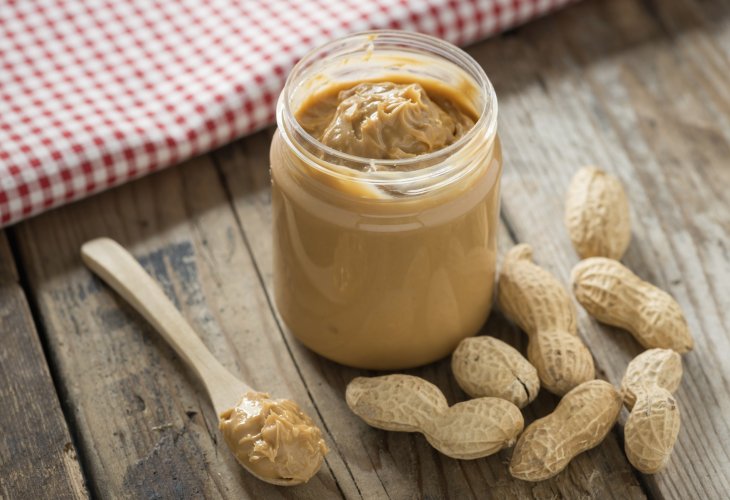The Peanut Dilemma: Beneficial or Harmful?
Discover when peanuts are recommended, when to avoid them, and what precautions are necessary.
 (Photo: shutterstock)
(Photo: shutterstock)Peanuts come in various forms—roasted, sweetened, salted, as peanut butter, or in snacks. However, not all these forms offer the nutritional benefits peanuts can provide.
Peanuts are an excellent source of protein, a fundamental building block for cell construction in our bodies. They also contain dietary fibers that can improve cholesterol levels and reduce the risk of heart disease and diabetes. Peanuts are packed with vitamins and minerals, essential fatty acids, and antioxidants, making them great for boosting energy and vitality. Nonetheless, peanuts are also high in calories and fat, which is why it's recommended to consume them in moderation.
One significant concern with peanuts is aflatoxin—a chemical found in mold on peanuts, known to be harmful. This toxin is present in peanut products used in the food industry. The peanuts from which peanut butter is made are often of the lowest quality; the high-quality ones are sorted out, and the butter is made from peanuts with a high concentration of mold.
The issue with mold is its ability to spread; even one contaminated peanut can infect an entire package. Furthermore, some companies add a lot of sugar and oils—including hydrogenated oils, which are effectively margarine—to peanut butter.
When we spread peanut butter on bread for our children, believing it's healthy, we're actually giving them margarine with sugar and a bit of peanuts that usually contain mold.
Even snacks containing peanut butter or ground peanuts contain aflatoxin, and it's not advisable to consume them frequently.
Peanuts are allergens—one of the most common allergies, in fact. An allergy is when the immune system identifies a substance as an adversary and fights it with antibodies. The body's response can include a rash, shortness of breath, and swelling—sometimes life-threatening.
There's a school of thought that suggests giving babies peanut snacks, rich in fats, calories, and salt, solely to prevent peanut allergies, but this is a mistake.
Foods high in fat, salt, and aflatoxin are not what infants should receive. Between six months and one year old is when taste preferences develop, and exposing young taste buds to snacks could lead to a preference for salty flavors, resulting in increased salt consumption later on.
Instead, it's better to introduce peanuts gradually by adding natural ground peanuts to mashed fruit.
It's recommended to buy unroasted peanuts and slowly roast them at a low temperature yourself.
Zohara Sharvit is a naturopath N.D and a certified iridologist with extensive experience in treatment, consultation, and workshop facilitation. To book a free workshop, call 073-2221290

